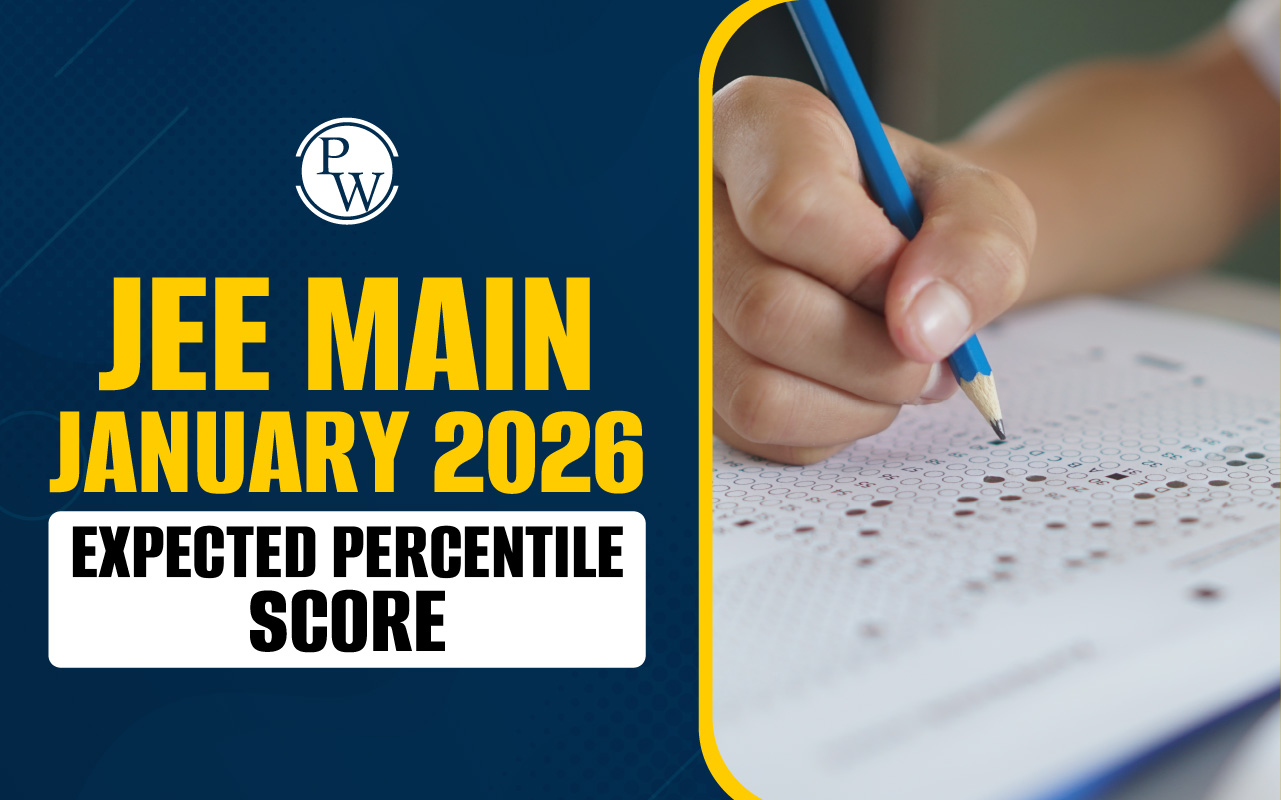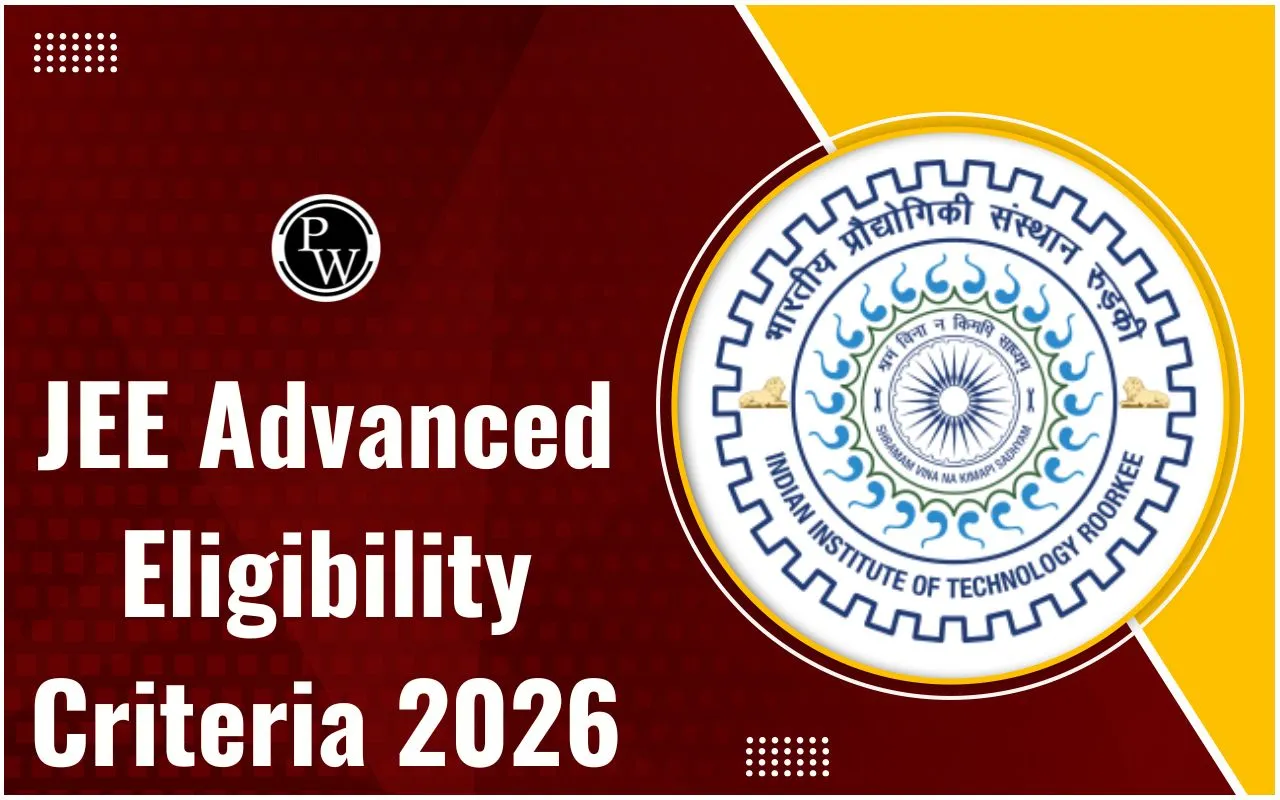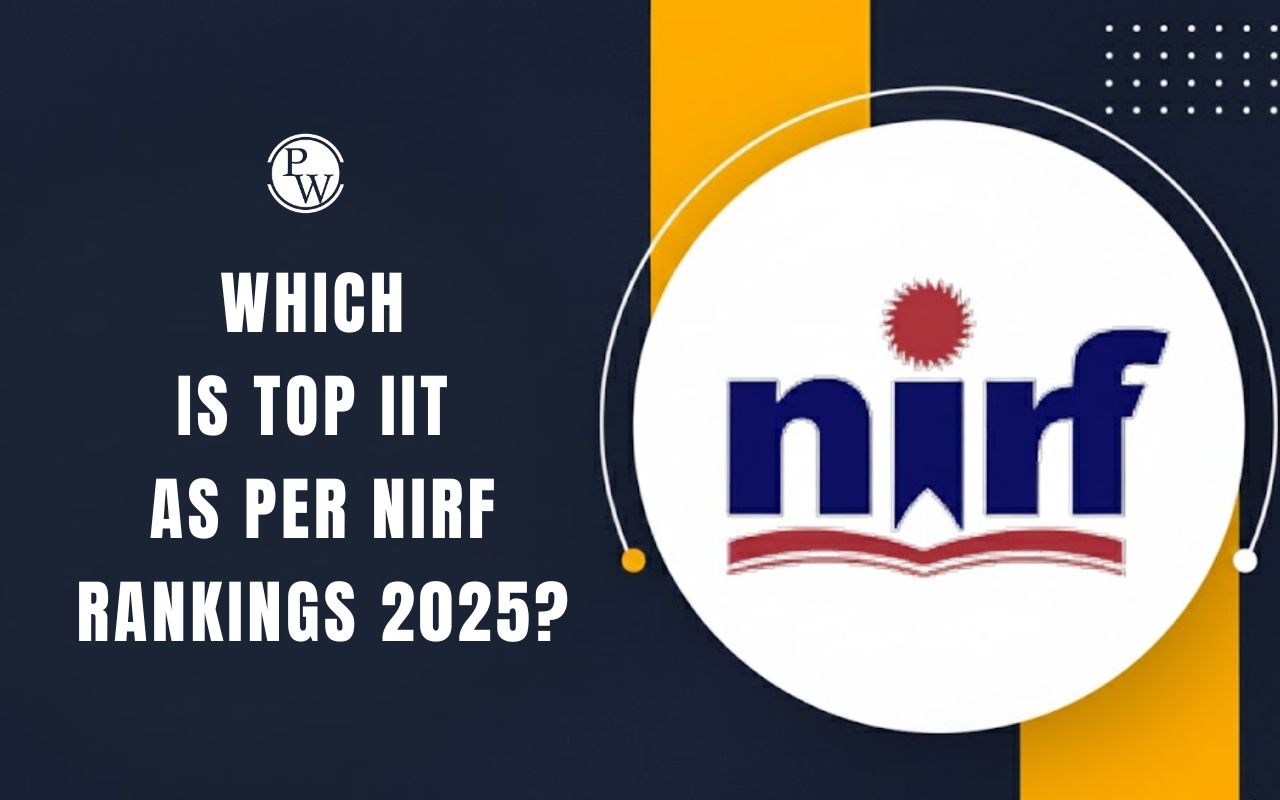
JEE Main 2025 Session 2 Expected Number of Questions from Atomic Physics : JEE Main 2025 Session 2 is scheduled to take place from April 1 to April 8 in multiple shifts through an online mode. As the exam comes near, it is important for applicants to focus on key topics from where the majority of the questions arise in the Physics section. One such chapter is Atomic Physics, which includes fundamental concepts related to atomic structure and models proposed by different scientists.
Understanding the basics of Atomic Physics is vital for solving related questions in the exam. Topics such as Dalton’s Atomic Theory, Thomson’s Atomic Model, Rutherford’s Atomic Theory, and Bohr’s Atomic Theory play an important role in explaining the structure and behavior of atoms.
Knowing JEE Main 2025 Session 2 expected number of questions from Atomic Physics, in addition to grasping concepts thoroughly, can help applicants answer questions based on atomic properties, electron arrangements, and energy levels.
What is Atomic Physics?
Atomic physics is the branch of physics that studies the structure of atoms, their energy states, and their interactions with external forces. It plays a crucial role in modern physics and is deeply connected to quantum mechanics. The development of atomic physics has led to significant discoveries, including the nature of atomic structure, subatomic particles, and their behavior under different conditions.
JEE Main 2025 Session 2 Expected Number of Questions from Atomic Physics
Atomic Physics is an important topic in JEE Main Physics Syllabus 2025, and questions from this chapter have appeared regularly in previous years. The number of questions asked varies in each session, but based on past trends, students can expect around 10 to 12 questions from this topic in JEE Main 2025 Session 2.Many of these questions are related to fundamental concepts such as Bohr’s model, the hydrogen spectrum, the photoelectric effect, and energy quantization. Since these concepts form the basis of modern physics, understanding them well is important for scoring well on the exam.
How Many Questions in JEE Main 2025 Session 2 Are Expected from Atomic Physics?
Understanding the previous years' trends regarding the number of questions from Atomic Physics can help students recognize the importance of this chapter. This makes sure that they do not take it lightly and prepare effectively for the upcoming exam.
In JEE Main 2025 Session 2, it is expected that around 10 to 12 questions will be asked from this topic. This estimate is based on past exam trends, where the number of questions has changed in every session.
-
Looking at the previous years' question trend, the April 2024 and January 2024 sessions included 11 questions each from Atomic physics.
-
The April 2023 session also had 11 questions, while the January 2023 session had 12 questions.
-
Moreover, the July 2022 session consisted of 10 questions, whereas the June 2022 session included only 7 questions from the Atomic Physics chapter.
-
In 2021, the number of questions changed, with the August and July sessions having only 3 questions each, while the March session included 8 questions and the February session had 10.
-
In 2020, Atomic Physics was given high weightage, with 13 questions appearing in the September session and 11 in the January session.
-
The pattern continued in previous years, with 7 questions asked in April 2019 and 3 questions in January 2019. This data shows that while the number of questions may vary, Atomic Physics remains an important topic in the JEE Main examinations.
With the expected number of questions ranging between 10 and 12 in the upcoming exam, it is advisable to focus on key concepts such as Bohr’s model, the photoelectric effect, the hydrogen spectrum, and energy quantization. Since JEE Main 2025 is a concept-based exam, having clarity on these topics will help in answering the questions accurately within the given time.
How to Prepare Atomic Physics for JEE Main 2025 Session 2?
After analyzing the number of questions the Atomic Physics chapter carried over the years, it is understood that it is an important topic in JEE Main 2025 Session 2, as it forms the base for Modern Physics. Questions from this chapter are generally based on topics like energy levels, spectral lines, and electron transitions. Since the Atomic Physics concepts are theoretical and formula-based, proper understanding and targeted practice can help aspirants score well in the upcoming JEE Main April Session 2025. Here are some preparation tips to study Atomic Physics smartly:
-
Master Quantum Numbers: Understand the quantum numbers (n, l, m, and s) and their role in defining electron configurations. Practice identifying these numbers in different elements.
-
Focus on Spectral Lines: Learn how spectral lines are formed due to electron transitions and their relation to the hydrogen spectrum.
-
Know Your Periodic Table: Memorize periodic trends such as atomic size, ionization energy, and electron affinity, as they are often linked to atomic structure.
-
Nail Electron Configuration: Be quick and accurate in writing electron configurations. Understand how orbitals are filled using Aufbau’s principle, Hund’s rule, and the Pauli exclusion principle.
-
Practice with Energy Levels: Solve questions based on energy level transitions, including calculating energy absorbed or emitted during electron jumps.
-
Understand the Photoelectric Effect: Learn how the photoelectric effect works, focusing on photon energy, work function, and kinetic energy of emitted electrons.
-
Use Diagrams and Charts: Draw energy level diagrams and concept maps to visualize and remember key concepts easily.
-
Solve Numerical Problems: In the JEE Main examination, numerical questions are often asked from this chapter. Practice calculations related to Bohr’s model, the Rydberg equation, and the de Broglie wavelength.
-
Review Modern Physics Connections: Link Atomic Physics with other Modern Physics topics like Heisenberg’s uncertainty principle and de Broglie’s hypothesis.
5 Important Tips to Prepare Physics for JEE Main 2025 Session 2
Physics in JEE Main 2025 requires both conceptual understanding and strong problem-solving skills. Since it includes numerical problems and theoretical concepts, a balanced approach is required for effective preparation. Here are five key tips to prepare for JEE Main 2025 Session 2 Physics section to score high:
-
Focus on NCERT and Conceptual Clarity: Many fundamental concepts in JEE Main Physics are directly from NCERT textbooks. Aspirants should first build a strong foundation by understanding NCERT concepts before moving on to advanced-level questions. Once confident enough with the basics, invest in advanced-level JEE Study Material to strengthen their understanding of complex topics and problem-solving techniques.
-
Practice JEE Previous Year Questions (PYQs): Solving JEE Main previous year questions is one of the best ways to understand the exam pattern and identify frequently asked topics. It helps aspirants familiarize themselves with different types of numerical and theoretical questions.
-
Attempt Regular Mock Tests: Taking JEE Mock Tests improves time management and accuracy. Regular mock tests help aspirants analyze their performance and work on weak areas before the actual exam.
-
Utilize Free Online Resources for Doubt Solving: Platforms like JEE Wallah provide free online classes as video lectures that aim to simplify tough Physics topics with step-by-step explanations. Aspirants can use these resources to clarify doubts and strengthen their understanding.
- Revise Important Formulas and Short Tricks: Memorizing key formulas and practicing shortcut techniques can save valuable time during the exam. Keeping a separate notebook for formulas and revising them daily can help with quick recall.
Number Of Questions From Atomic Physics In JEE Main FAQs
Q.1 : What is Atomic Physics in JEE Main?
Q.2 : How many questions are expected from Atomic Physics in JEE Main 2025 Session 2?
Q.3: Can I prepare for Atomic Physics in just 15 days before JEE Main April Session 2025?
Q.4: What are the important topics in Atomic Physics for JEE Main 2025?










